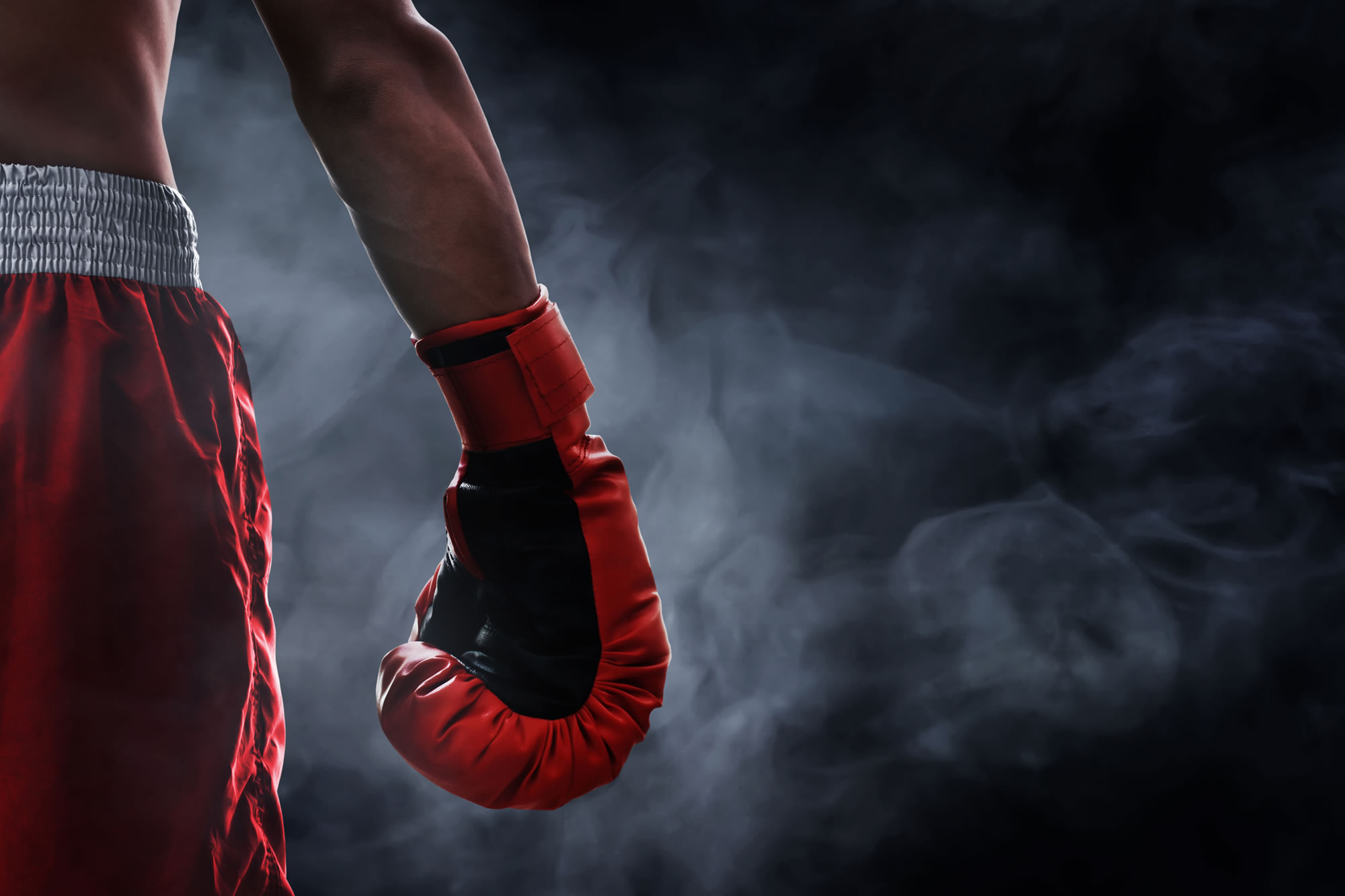Nicknamed the “Greatest” in the prime of his boxing days, Muhammad Ali is now fighting a different kind of fight. For nearly 20 years, Parkinson’s disease, a degenerative neurological disease, has affected his life to the point where he is barely able to speak. And he’s not the only boxer to face this type of injury after retiring from the ring. How does a boxer know when the next punch might be his last?
According to a new study by the American Academy of Neurology, one too many blows to the head can affect memory and cognitive abilities. Repetitive hits to the head are what can lead to the degenerative brain disease known as chronic traumatic encephalopathy, or CTE.
Through the course of the study, combat athletes who are part of the Professional Fighters Brain Health Study were given tests for memory, cognitive skills, blood, and MRI scans every year. Dr. Charles Bernick says the study shows that “there appears to be a threshold at which continued repetitive blows to the brain begin to cause measurable changes in memory and thinking.”
This research helps make sense of why brain damage occurs and how to detect it early. There is also potential for the development of tools to predict when an athlete is at risk so they can retire before developing traumatic encephalopathy in the brain. This research applies to brain damage in all types of sports where there are repetitive blows to the head.
“I never did think I had brain damage,” said Leon Spinks who defeated Muhammad Ali for the heavyweight championship of the world. After boxing, Spinks’ memory loss led him to seek treatment at the Luo Ruvo Brain Research Centre in Las Vegas. “I don’t want the kids to go through what I went through”
For More Information:
- Breaking Point: When Does Head Trauma in Sports Lead to Memory Loss?, Science Daily
- Study Aims to Prevent Brain Damage in Boxers, Brain Injury Forum







